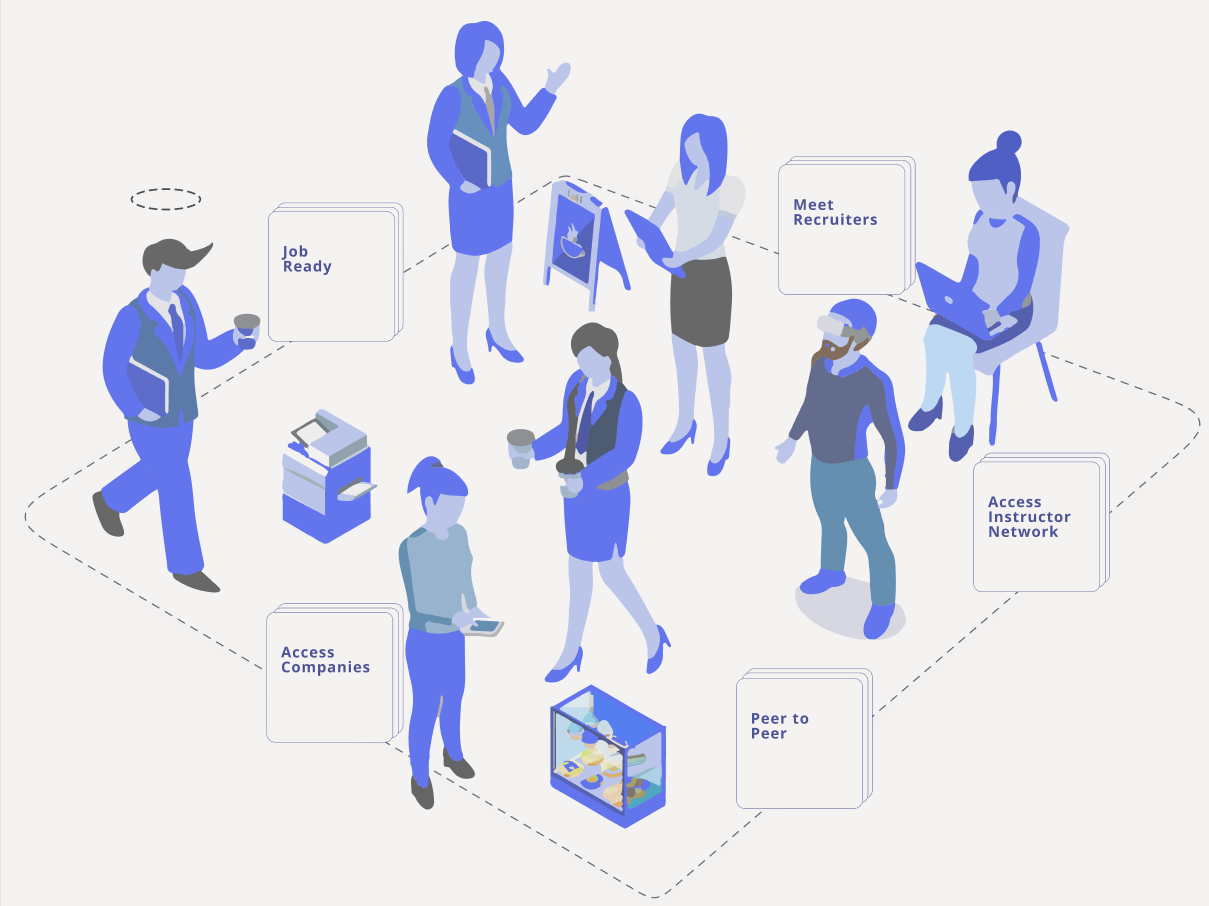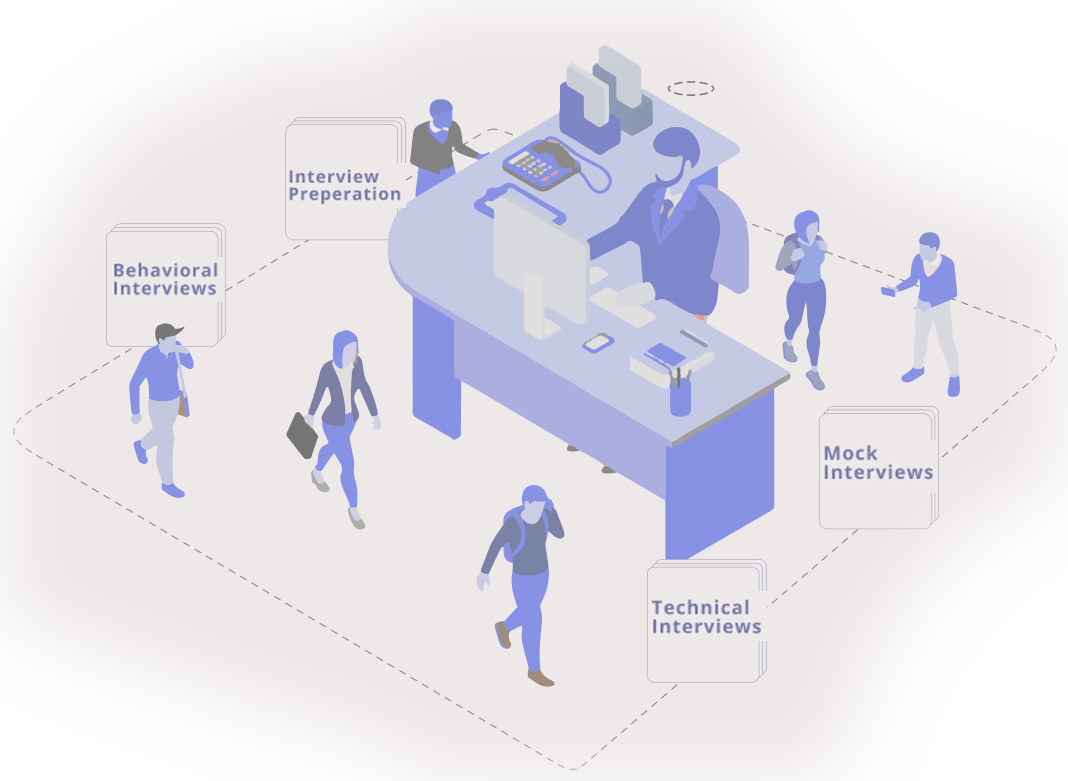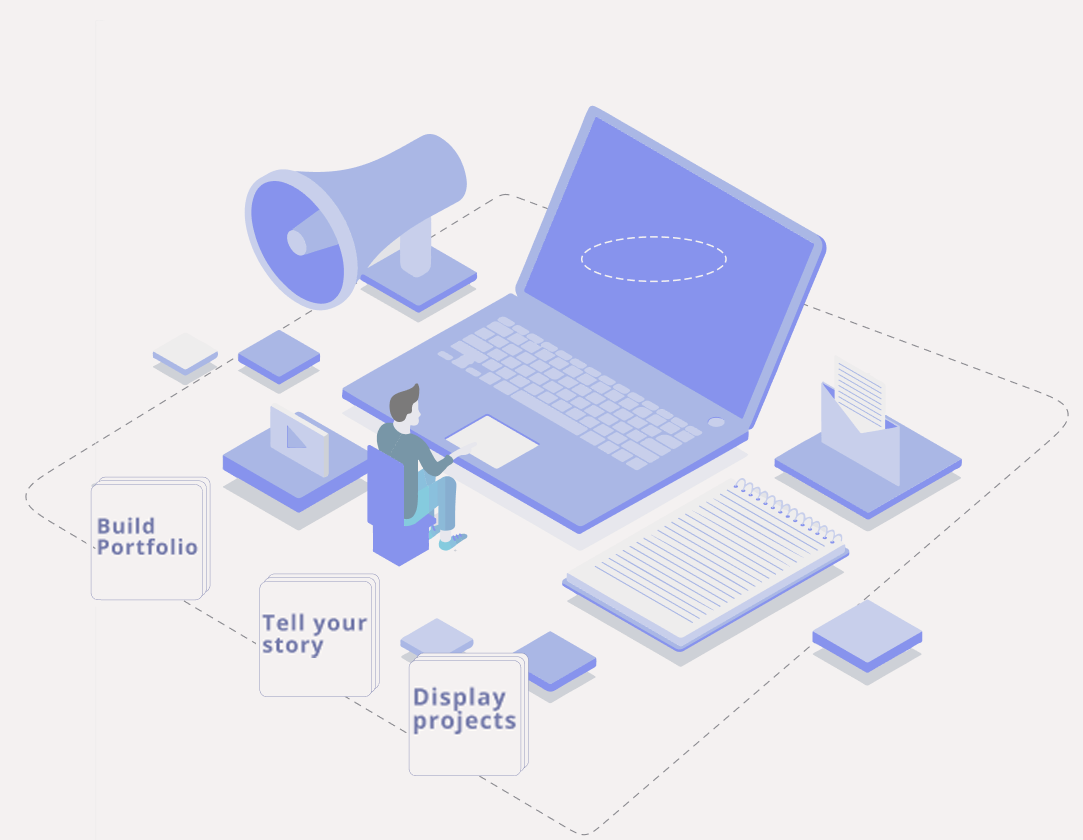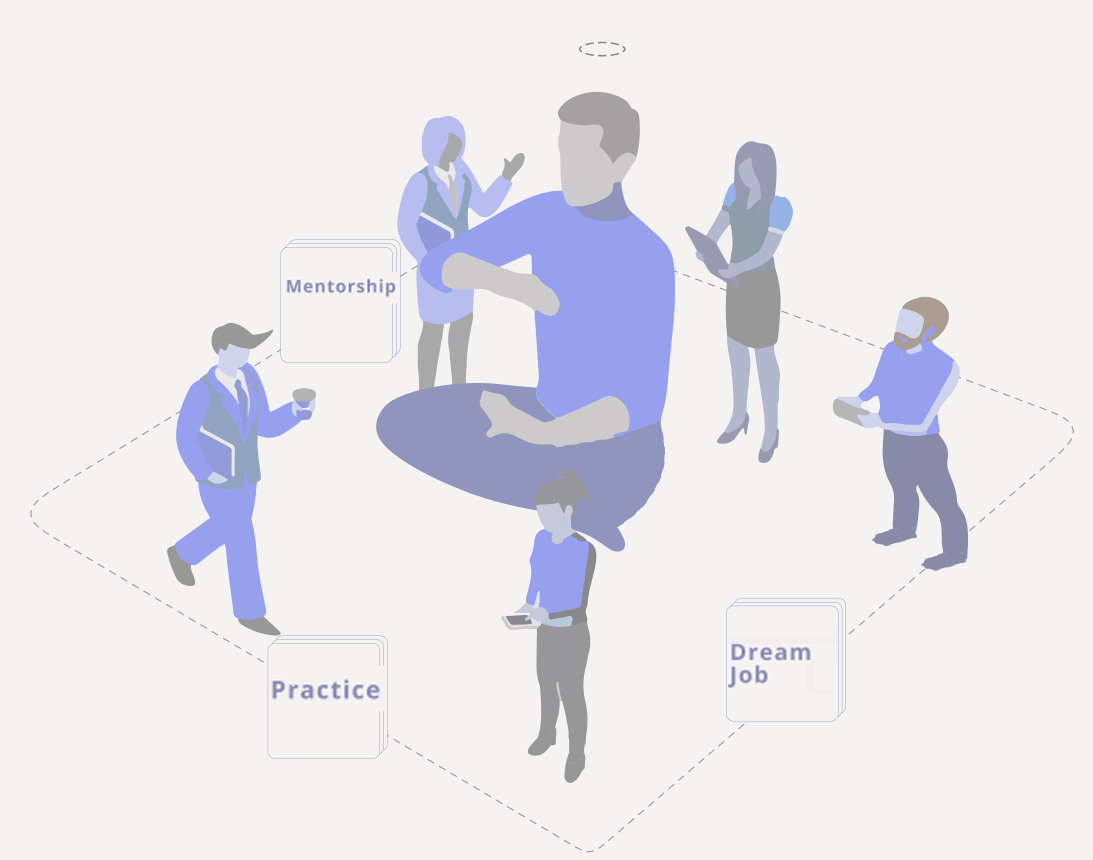Fast Track : 10 Months
Schedule: Tuesday, Thursday, Friday
18h00 - 21h00-
25 October 2024
Mode of Delivery: Hybrid & Online - Talk to an Advisor
OVERVIEW
According to the TIOBE programming community index, Java has been the most popular programming language in the world since 2002. Java is the language of choice for creating applications, be they desktop, web or mobile based. This widespread use has led to a huge demand for developers with a strong base in Core Java and the frameworks used for building applications.
MCIT’s diploma in Java Programming focuses on both the backend and frontend of applications, readying students for various job profiles, including Core Java developer or enterprise application developer. Students are exposed to Spring and Hibernate Frameworks and user-interface technologies like JavaScript, HTML, and CSS. After gaining some proficiency in developing applications using core Java technologies, students are introduced to more advanced concepts like Servlets and JSP to build dynamic websites. Towards the end of this profile path, students are taught the basics of building web services: how to make your app interact with other applications and make it available to others as a web service.
- See if you Qualify
- Talk with an Advisor
COURSE OUTLINE
A.E.C. – Specialization - Programmer Analyst (LEA.CK) (Full Stack Java Developer)
-(900 hrs)-
This beginner's program equips students with a deep grasp of different software development methods, frameworks, and top practices. In today's fast-changing tech world, it's essential for software experts to embrace efficient methods to guarantee smooth development, upkeep, and delivery of software projects. The program delves into both conventional and contemporary software development methods, empowering learners to make wise choices and adjust to various project requirements.
Tailored for beginners with minimal to zero programming background, this program lays the groundwork for grasping fundamental concepts and principles of computer programming. Participants delve into problem-solving methods, algorithm development, and coding, navigating through a user-friendly programming language. As the program concludes, participants gain proficiency to craft basic programs, positioning them for seamless progression into advanced programming studies.
Students dive into front-end technologies, gaining insight into the tools, practices, and tech used in web development. Unveiling the art of crafting user-friendly and visually appealing digital spaces, this journey empowers learners to design responsive, interactive, and accessible web interfaces. Delving into essential languages like HTML, CSS, and JavaScript, the focus is on equipping students with the practical skills needed to thrive in front-end web development. The content not only covers best practices but also unravels the significance of responsive web design.
Unlock the basics of SQL Programming with this program, laying the groundwork for a strong grasp of Structured Query Language (SQL) and managing relational databases. Acquire a crucial skill set applicable across diverse fields like database administration, software development, data analytics, and business intelligence. Delve into fundamental SQL concepts, honing skills in query development and understanding database design principles. Explore the essentials of SQL through hands-on learning with Oracle Database technology.
Students learn Java and the world of object-oriented programming (OOP) within Java. They acquire the abilities to examine, create, refine, and fix issues in Java applications. Participants understand the structure of Java programming, principles of object-oriented programming, packaging, Java documentation, managing exceptions, and exploring diverse Java libraries like I/O, utility networking, JDBC, and more.
Introduces students to commonly used features of the Java Enterprise Edition platform. It explores the creation, enhancement, and launching of web applications using fundamental Java technologies. In practical workshops, students learn the fundamentals of Java server-side web development and gain understanding of associated challenges and strategies.
In this learning experience, we explore Hibernate—an widely-used, free, and open-source tool for Java developers. It aids in efficiently storing and retrieving persistent objects through object/relational mapping (ORM). We delve into key aspects like Hibernate mapping files, inheritance, collections, associations, Hibernate Query Language (HQL), and settings to provide a comprehensive understanding.
Explore the Spring Framework, a prominent full-stack framework for Java EE applications. Get into essential concepts like the spring container, dependency injection, data validation, aspect-oriented programming, the JDBC Template, and the Hibernate Template. Furthermore, we showcase a web application that illustrates the practical usage of the Spring Web MVC framework.
In this program, our aim is to guide students on successfully entering the Canadian job market. Over a brief 4-week period, we explore the mindset essential for a fruitful job search. We delve into crafting effective CVs and cover letters, hone interview skills, and cover various other aspects to enhance your readiness for the job market.
At the end of the program, students complete a real-time, industrially simulated Java Development Project.
Become ready for the workplace
These MCIT programs helps you to be job ready.
NETWORK EVENTS
The Intelligent Networking Networking with companies Instructors sharing their network Peer to peer networking Meet with recruiters.
Resume is the key to making the first impact with your profile.
INTERVIEW PREPARATION
Resume building, LinkedIn Training, Mock interviews hosted by companies, Technical interview prep, Behavioral interviews.
We assist you turn your projects into relevant portfolios.
PORTFOLIO PREPARATION
Turn your projects into a portfolio Portfolios tell your story Relevancy of the projects display experience.
Mentorship & guidance - the key to career success.
MENTORSHIP
The Mentors, instructors, or alumni help you understand the required skills for your desired career path and the path to land your dream job!
WHO SHOULD APPLY?
Developers are often thought of as problem solvers, so if you are inquisitive by nature and want to learn something
new each day then this is the path for you.
Also, in this digital age, software development is an industry that offers attractive salaries at a beginner level. Speak to an advisor to learn more.

Rosana Neishabouri
Data Analyst, Lamour

Cecilia G
Lead Developer, Intact

David P
Developer, Morgan Stanley

Dave Simmons
Software Engineer, Faurecia IRYStec Inc
Admissions Process
The admission process entails the submission of several key documents. Applicants must provide their diploma and transcripts
- Highest level of education.
- Current resume detailing professional and education
- Birth certificate translated into either English or French
- 2 Photo identification are necessary
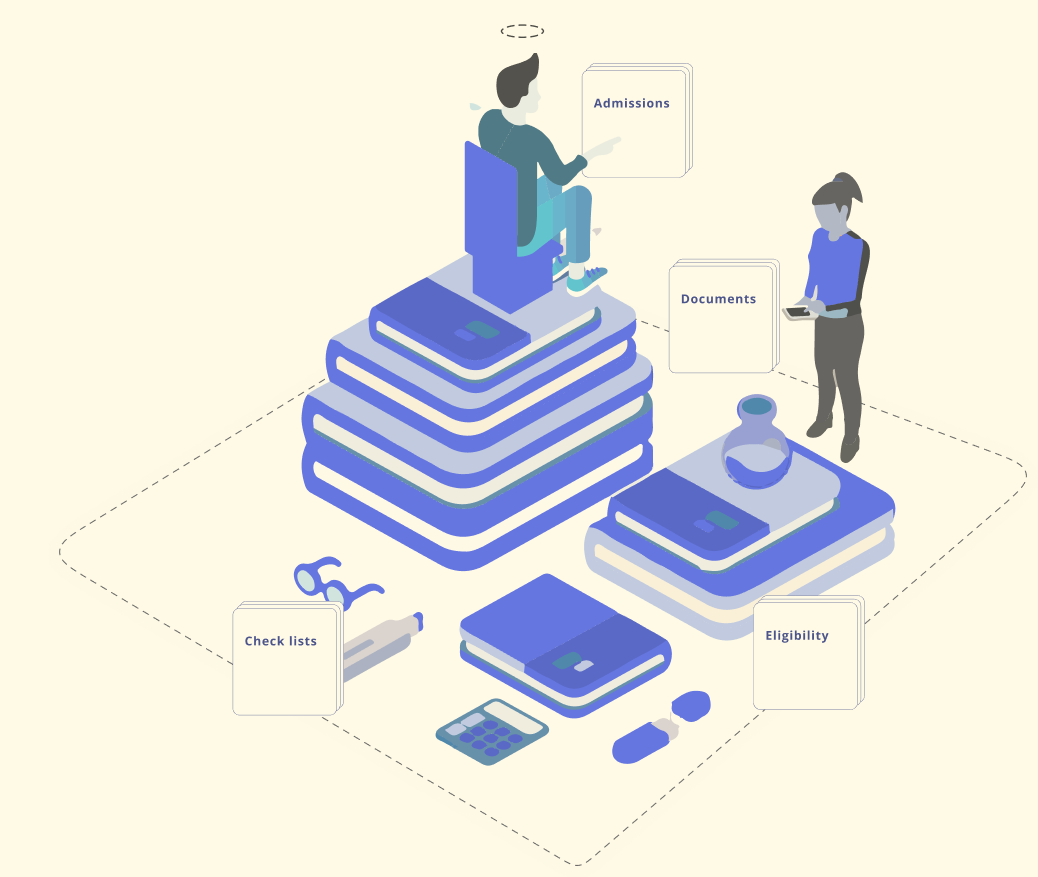
Upon successful completion of the program, the college grants the student an AEC (Attestation d’études collégiale)
Programmer Analyst : Profile Full Stack Java (LEA.CK)
-900 hrs-
Certification Tracks
Java. Core Certification
Hibernate Spring Certification
INSTRUCTOR SPOTLIGHT

Toufik Lazri
Toufik is a University graduate in computer engineering and has been creating and implementing computer applications for over 25 years. He's been a valuable team member at MCIT for over 10 years teaching Java technologies. He is particularly known to transmit his knowledge in a clear and dynamic way to ensure students a successful transition to the job market.
Mirna Mardini
Mirna Mardini, based in Montreal, Canada, is an accomplished developer and instructor with a diverse background spanning various roles and industries. Currently working at Tema Solutions as an ERP Developer/ Divalto, she excels in developing new features, installing functionality, and providing technical support.Loans & Scholarships
Scholarships for New Graduates
Students who have graduated with a post secondary diploma or degree from a qualifying
institution in
the last two years.
Scholarships for New Immigrants
Students who have arrived in Canada two years or
less at the time of
submitting their
application
Merrit based Scholarships
The Montreal College of Information Technology offers merit-based scholarships to deserving candidates,for exceptional academic or professional contributions.
OtherOptions
We also have scholarships
for students who were laid off recently
in the past 6 months.

Empower students through Financial Aid
Conveying our commitment to student success through financial support.
Loans through the Government
Apply with the government to get financial aid through the AFE loan program (Aide financière aux études/Student financial assistance).
Loans fromPartners
Our financial partners offer loans and personalized support to local entrepreneurs and internationally trained professionals.
ApplicationAdvice
Our financial partners offer loans and personalized support to local entrepreneurs and internationally trained professionals.

COMMUNITY TESTIMONIAL
Paired with my interest in Developing software for businesses and entrepreneurship, I got interested in the program, I came to the info- session and signed up. Ever since it has been non-stop programming.
Alexander Haig — Java StudentCALENDAR
Registration deadline:
For international students, it is highly recommended to register three months before the starting date. Talk to one of our advisors for more details about the registration process.
— F.A.Q —
Our full stack Java developer program covers both front-end and back-end development using Java technologies. Students learn essential skills in Java programming, web development frameworks, database management, and deployment strategies to become proficient full stack developers.
Our program content is curated from industry-recognized leaders such as Oracle and ISTQB, ensuring alignment with the latest industry standards and practices. Each program is thoughtfully designed to equip students with the knowledge and skills necessary to excel in their chosen field and to confidently pursue real-world certifications.
While prior programming experience is beneficial, it is not always required. Our programs cater to students with varying levels of expertise, from beginners to experienced developers looking to enhance their skills in specific areas.
Yes, our programs are designed to accommodate students with varying levels of expertise, including beginners. Our instructors and courses tailored for beginners to provide a solid foundation with varying levels of expertise.
To be eligible for a program of study leading to an attestation of college studies (AEC), Student must have training deemed sufficient by the college and meet one of the following conditions:
- have interrupted your full-time studies or pursued full-time post-secondary studies for at least 2 consecutive sessions or one school year;
- be covered by an agreement concluded between the college and an employer or benefit from a government program;
- have interrupted your full-time studies for one session and have pursued full-time post-secondary studies for one session;
- hold a professional studies diploma.
- the program of study makes it possible to acquire technical training in a field for which there is no program of study leading to a college diploma;
- the study program is covered by an agreement concluded between the Minister and a department or agency of the Government of Québec regarding training.
Student must meet all the following requirements:
- Knowledge of computer hardware and Operating Systems like Windows, MacOS.
- Advanced High School mathematics
- Good to have Knowledge on programming language (Java & SQL), Software Development Life Cycle & OOP’s concepts
Graduates of this program can pursue various career paths including full stack developer, web application developer, software engineer, quality assurance analyst, test automation engineer, and more. Our career services team provides guidance and support for job placement and advancement.
Our programs utilize a combination of lectures, hands-on lab exercises, case studies, and real-world projects to ensure a comprehensive learning experience. We also provide access to online resources and support forums for additional learning.
Yes, we facilitate internships and practical experience opportunities with industry partners to help students apply their skills in real-world scenarios and gain valuable experience.
Yes, we offer flexible study options including part-time evening classes and online courses to accommodate students with busy schedules or those unable to attend in person.



